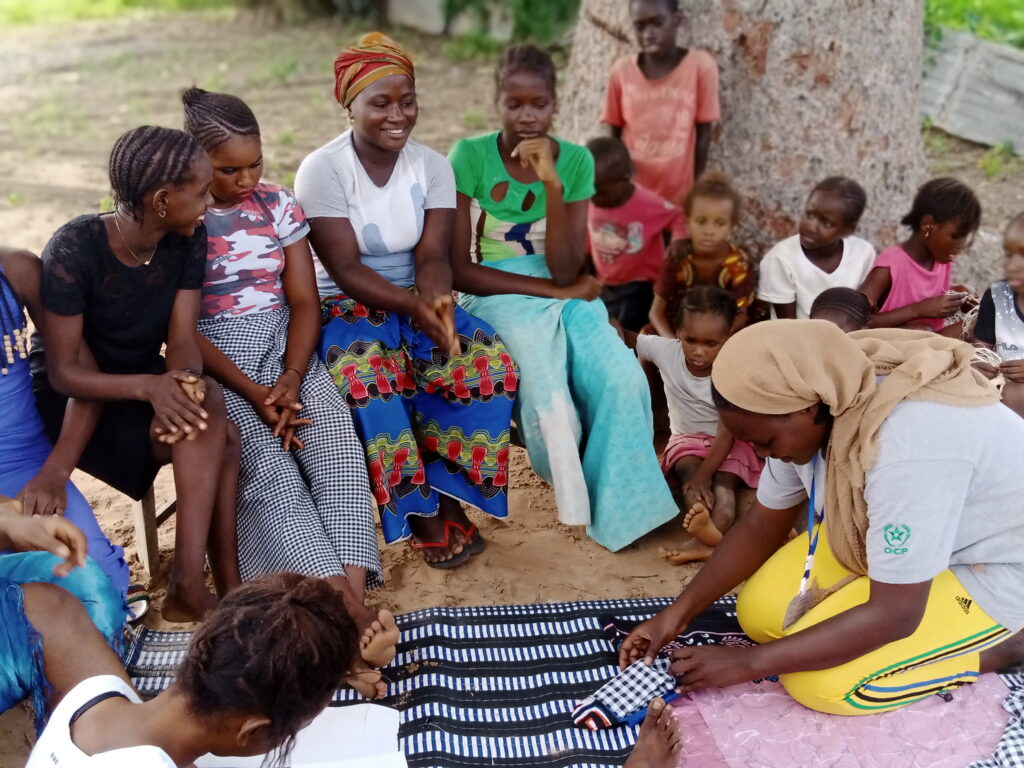
In 2020, Sibere Koyo had no markets and no basic social structures (health huts, health posts, etc.). There were no community agents, such as community relays and others. According to a report by the United Nations Educational, Scientific and Cultural Organization, one in ten girls in sub-Saharan Africa does not attend school during her menstrual cycle, which corresponds, according to some estimates, to 20% of lost school time over a year. Many girls drop out of school altogether when they are menstruating. Could it be due to a lack of facilities, information, or hygiene products that young girls lose 20% of their school time per year? Sibere is a landlocked community with a low average household income, so buying a sanitary napkin for a girl who has had her period is not even a top priority. Also, even if a girl decides to buy one, she would have to travel 5 kms to do so. So girls are forced to use scraps of cloth or bits of mattress. And this practice can be very dangerous for their health, giving some of them a feeling of malaise that sometimes leads them
to skip school during this period.
The solution is Menstrual Hygiene Management (GHM). This term refers to access to information, preparation and support that enable young girls to manage their menstruation hygienically, with dignity and in complete safety. We are interested in GHM because, in addition to meeting this present need, it can promote social and economic growth and empowerment. It can also contribute to the achievement of several of the Sustainable Development Goals, including quality education (SDG 4), gender equality (SDG 5) and clean water and sanitation (SDG 6). Against this backdrop, we organized a training course for 25 young girls from the two villages to teach them how to make their own washable sanitary towels that can be reused for an average of 2 years.